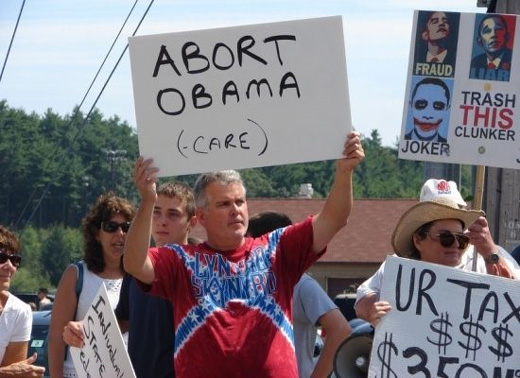Sorry to use this unflattering photo of Matt Rosendale, apparently taken at the moment a bat flew into the room, but I ran into legal problems. I wanted to use this one, but I couldn’t get the rights from Dick Tracey. Anyway, we all know from civics class that the Montana State Auditor and Insurance Commissioner is in charge of the state’s insurance exchange. And we all know from Rosendale that Montana’s exchange sucks. The premiums are too high! My own personal insurer, Montana Health Co-Op, raised the rates on its silver plan 24% going into 2018, on account of Trump took away federal CSR payments. That’s bullshit, though, because when they submitted rates back in June, they specifically told Rosendale they’d be fine with or without CSRs. I quote the commissioner:
My department was advised by both companies just months ago, that with or without [cost-sharing reduction] payments, they would be able to honor the rates they provided to us and the public. Today, by their actions, they inform me that was not true.
What a screwjob! If only we had some sort of state official whose job it was to regulate the behavior of insurance companies. The commissioner insists he has no legal authority to hold them to their previously submitted rates, even though A) there was a deadline, and B) they specifically agreed not to do this. It’s no secret that Rosendale, a Republican, opposes the Affordable Care Act that created the exchange in the first place. It’s almost as though letting insurers raise rates and then publicly complaining about it serves three of his interests: his interest in friendly relations with the companies he regulates, his interest in watching Obamacare blow up, and his interest in harnessing the outrage of the ordinary voter.
But does it serve his interest in getting elected to the US Senate? Rosendale is currently the only Republican candidate for Jon Tester’s seat who holds statewide office. The exchange is his identity. Will voters respond to his bold message of “just look at this failed system I’m running?” You can read all about it in this week’s column for the Missoula Independent. We’ll be back tomorrow with Friday links, maybe. I’m doing so much work, you guys.



